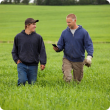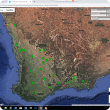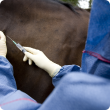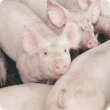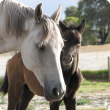Filter by regions:
- (-) Remove Kimberley filter Kimberley
- (-) Remove Mid West filter Mid West
- (-) Remove Pilbara filter Pilbara
- Gascoyne (156) Apply Gascoyne filter
- Peel (154) Apply Peel filter
- South West (154) Apply South West filter
- Great Southern (153) Apply Great Southern filter
- Wheatbelt (152) Apply Wheatbelt filter
- Goldfields-Esperance (151) Apply Goldfields-Esperance filter
- Perth regions (131) Apply Perth regions filter



